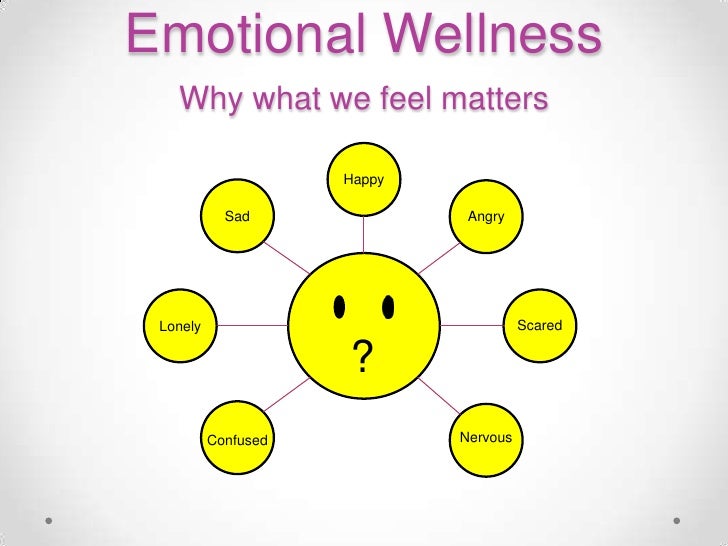THE POWER OF GRATITUDE
Have you ever wondered how saying “thank you” can have a positive effect on your health and the well-being of others? Have you ever thought about the cause of your happiness? What makes you happy and others around you? We will try to understand this in this article. Be free to leave a comment on your point on this concept.
Researchers have shown in the last decades that sharing your thoughts of gratitude for someone or performing any act of kindness can significantly boost your mood. It can recover your health also.
“We know from studies that gratitude really does have an impact on happiness, that it increases life satisfaction”, says Willibald Ruch, a psychology professor at the University of Zurich,“ It’s among the top five predictors of happiness” , says professor Ruch who researches the effect of character strengths such as gratitude and humor.
Embracing gratitude can do miracles in your life. Here’s how:
REASON WHY GRATITUDE IS SUCH A POWERFUL PRACTICE:
1. Makes the environment around you happier
To be grateful is to recognize the effort, dedication, and affection of others, an attitude that encourages more loving relationships based on understanding. Gratitude makes you empathize and, consequently, attract good energy to your side.
Be sure to verbalize your gratitude. Let go of pride and know-how to thank for the favors they do for you, after all, no one is obliged to help you, ok?
2. Decrease anxiety
By taking the attitude of giving thanks, we are opening space to share our feelings with others, in this case, gratitude, humility, and compassion. Not "holding" emotions and feeling free to live them positively can help to diminish (and greatly) that feeling of constant anxiety.
Thanking you doesn't cost anything and is easier than you think, but if you still don't feel ready for it (for various reasons), try writing a letter of thanks.
Another exercise that can also help to combat anxiety is meditation. In this case, take a few minutes of the day to close your eyes and forget about problems, focusing only on all the things you have to be thankful for in life.
3. Fight depression and improve self-esteem
Maintaining an attitude of gratitude helps to improve self-esteem and reduces the chances of facing future depression. By recognizing the positive points you have in life, negative feelings like envy and frustration will not contaminate you.
When you wake up, every day, find a reason to be happy and repeat out loud: "Today I am grateful for ..." or "I feel good when ...". You can also do this exercise at the end of the day, repeating before going to sleep: "My favorite part of the day was ...".
4. Improves mental health
Researchers have found that in addition to reducing anxiety and stress, maintaining an attitude of gratitude is also important in helping people overcome trauma.
By being grateful for everything we have, even in difficult times, we end up promoting resilience - the ability to overcome obstacles and withstand adverse pressures.
5. Sleep better
Do you spend several minutes rolling back and forth on the bed with your head full of thoughts that won't let you sleep? So you may need to use the word "thank you" more often.
Keeping a "thank you note" is an excellent exercise to ease and calm your mind before bed. Write down every day, preferably before going to bed, all the feelings of gratitude you have. Some psychologists believe that this way, by focusing on pleasant and positive thoughts, the person will be able to have a much more peaceful night's sleep.
6. Make more friends
By being a grateful person, you maintain a stronger connection with others and the world around you. Sympathy and empathy, which are typical of grateful people, make their interpersonal relationships broadened and improved.
Want to meet interesting people and make more friends? So be grateful for the true friendships you already have!
7. Makes relationships lasting
Showing gratitude to your partner is essential for a loving relationship to last. Seeing and feeling that your concern, affection, and dedication to the person you love is recognized makes respect and admiration for others remain constant.
And it's the little details that make the difference in this case, like knowing how to thank you for having prepared that special dinner, for taking the children to play in the park, while you took the opportunity to finish an important job, etc. Like important things, small daily gestures should also be valued equally.
elderly couple
So, are you prepared to use the word "thank you" more often? In fact, do you know the reasons you have to thank? Check out the Thank You Messages for the best of life!
AN EFFECTIVE WAY TO PRACTICE GRATITUDE EASILY:
Gratitude is simply choosing to be thankful. Practicing gratitude is living a thankful lifestyle. However, like with most things that require intention, living a life of gratitude takes practice.
It really is choosing a perspective that over time becomes easier and more comfortable as you live it. Some great ways to start getting yourself used to be thankful is to incorporate intentional thankfulness throughout your day. In the morning, take a few minutes and journal, list, or vocalize, what you are thankful for that day.
When something does not go your way, what about that situation can you be thankful about? Start to train your mind, as soon as you feel frustration bubbling, stop and list at least 3 things you can be thankful for. You will actually begin to feel the frustration start to dissipate. This one is more difficult, but it can be mastered with practice. When you catch yourself yearning for something, start telling yourself all the things that you are blessed with and thankful for. Choose something you have not appreciated, and then meditate on the benefits of the thing.
Journaling or listing where you can visualize while you meditate on them is a great help. Over time you will train your brain and attitude to automatically move to a place of gratitude. It takes a while to train and rewrite thought patterns, but the benefits are amazing. Less negativity. Less depression. More joy. Others will enjoy spending time around you too. The glass is half full is more enjoyable than the glass is half empty. The ideal time to teach living a life of gratitude is at an early age. Many strategies can help a child learn to understand and shape their attitudes to one of gratitude early on. Living a thankful life is a much fuller, happier life. Blessings.
SOME LAST WORDS:
When you share grateful thoughts with the person whom you’re thankful for, everyone benefits. And the effects will last longer than you’d expect: researchers found that people who write thank-you notes to people whom they haven’t properly thanked may boost their happiness levels and improve interpersonal relationships for up to six months.
If you keep gratitude to yourself in a journal, it will make you happier, but if you share it with the person who helped you, it has the potential to bring you two closer together.









Awesome
ReplyDeleteSmall things do have great values
ReplyDeletePoint hai...👍
ReplyDeletereally true
ReplyDelete